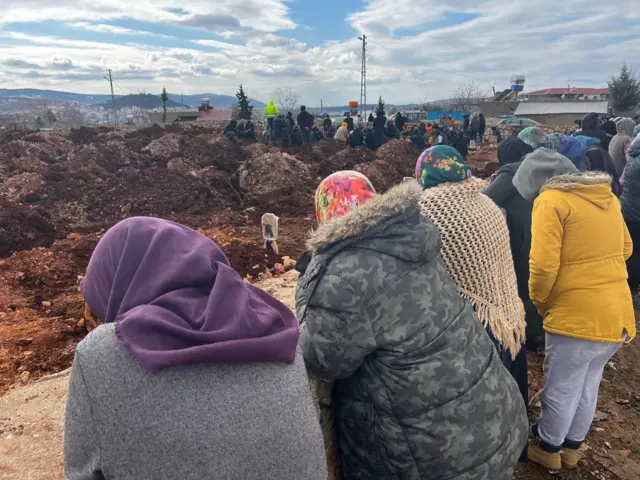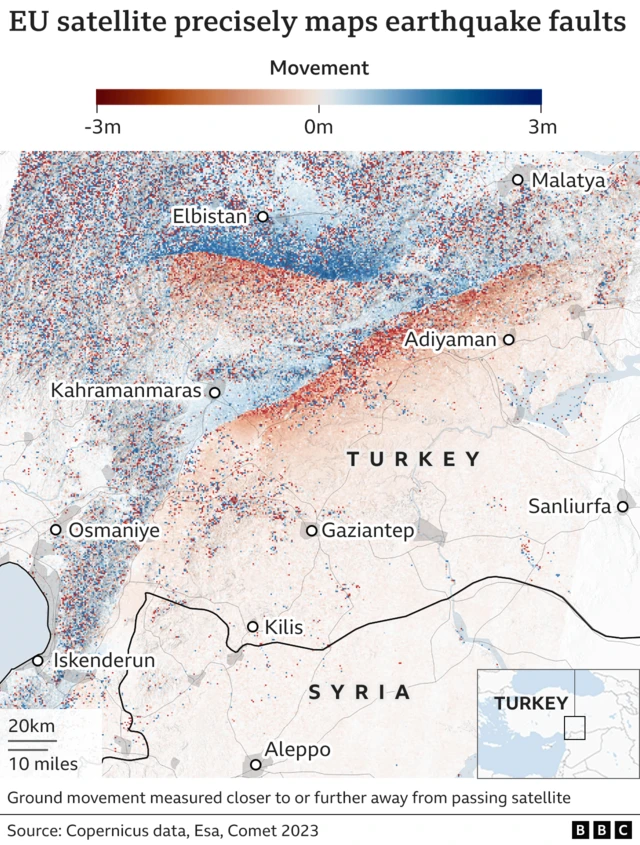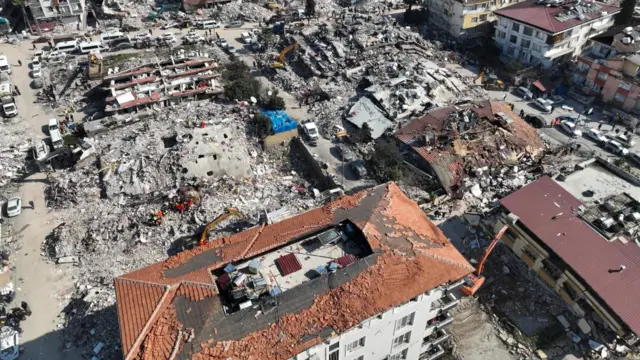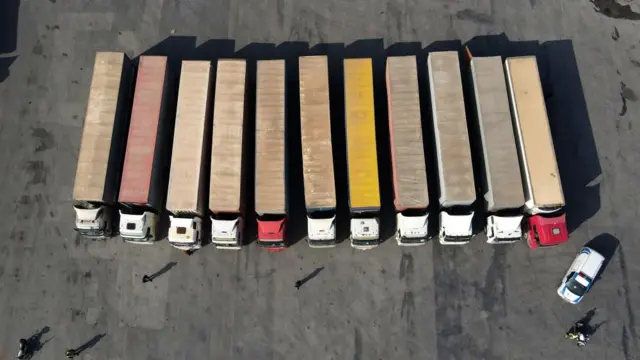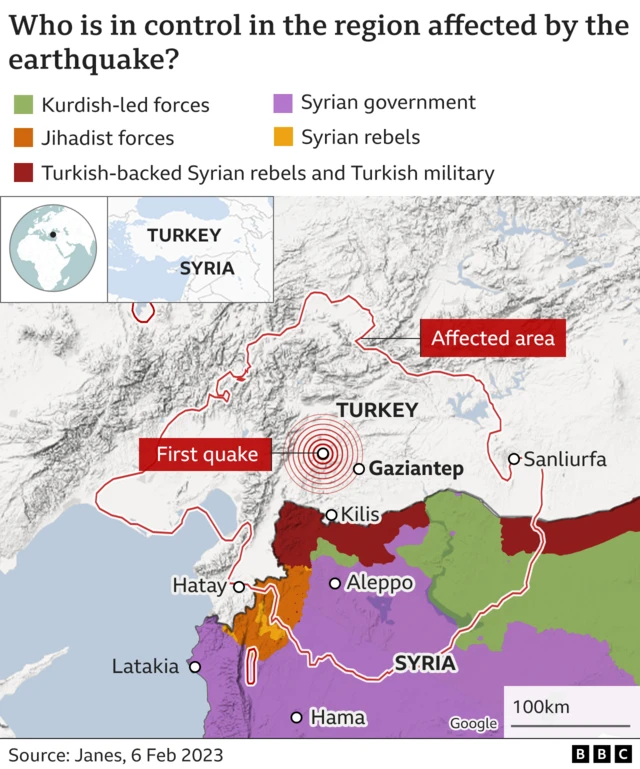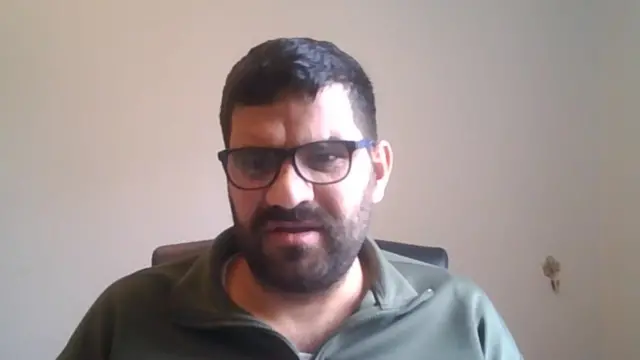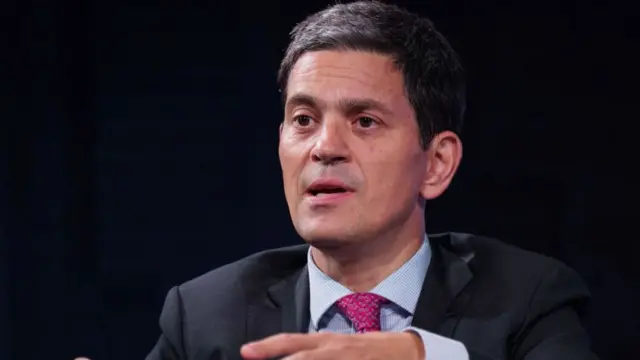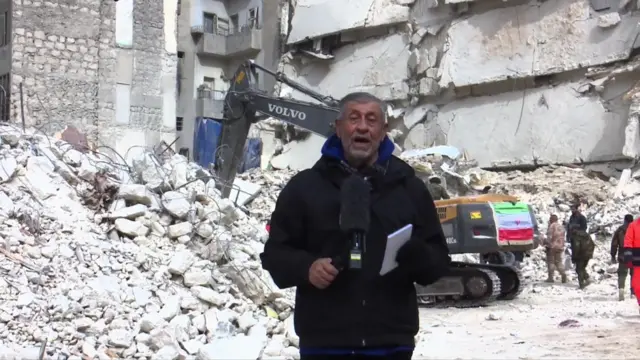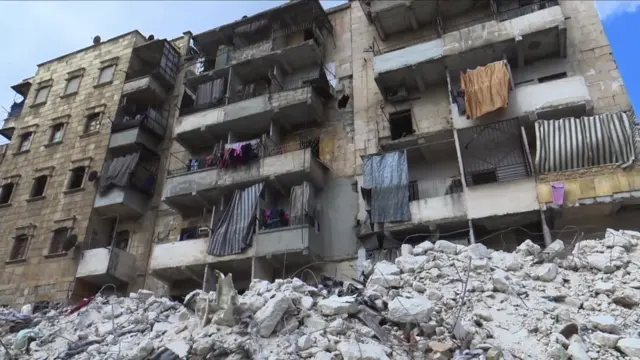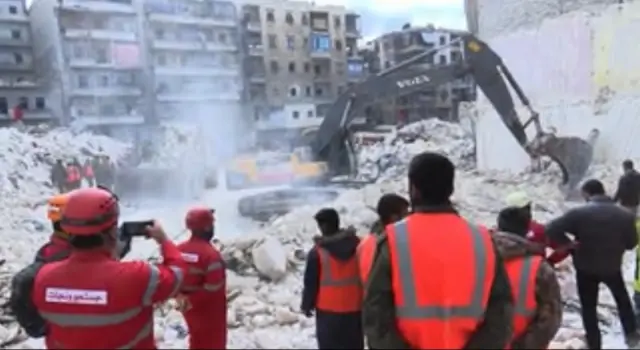WATCH: 'I still believe he's alive' - Ghana footballer's partnerpublished at 20:52 GMT 10 February 2023
Claire Rupio - the partner of the Ghanian footballer Christian Atsu who is missing in Turkey - tells the BBC she still believes he's alive.
Atsu plays for Hatayspor in southern Turkey. A day after the earthquake the club's vice-president Mustafa Özat said the player had been rescued, but later that was proved not to be the case.
Read more here.

